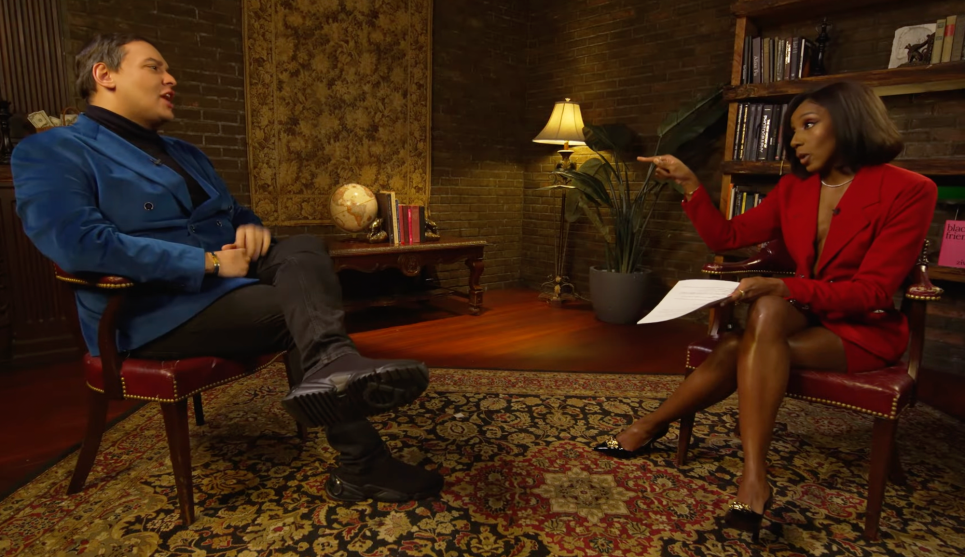When Sharon Terry took on the biotech establishment by patenting her children’s disease-causing gene (as Arthur Allen reports in “Who Owns My Disease?” page 52), she did more than secure a hopeful future for others with PXE. She also asserted her place in a pantheon of moms whose willingness to do anything for their children made them heroes to their communities—and to millions of moviegoers everywhere.
Mask. Peter Bogdanovich. Universal Pictures. 1985.
The true story of Rocky Dennis, a teen born with a genetic defect that causes his skull to grow at an alarming rate. But his coke-snorting, Harley-riding mother, Rusty (Cher), doesn’t see a problem with how he looks and has no patience with the dread prognoses she’s gotten from doctors since Rocky’s birth. When Rusty goes eyeball-to-eyeball with school administrators who think straight-A Rocky should be in a “special” school, you’d better believe the principal blinks first.
Erin Brockovich. Steven Soderbergh. Universal Pictures. 2000.
The true story of jobless, single-mom-of-three Brockovich (Julia Roberts), who sasses her way into a legal-assistant gig and soon uncovers PG&E’s toxic pollution of a small town’s groundwater. It’s Erin’s just-folks personality that persuades the sick residents of Hinkley, California, to stand up for their kids and fight the power (company), and her pluck (see also: ample cleavage) that leads them to victory in their class-action suit.
Lorenzo’s Oil. George Miller. Universal Pictures. 1992.
The true-to-life story of little Lorenzo Odone, who is diagnosed with a degenerative brain disease called ALD. When Lorenzo’s mom discovers that the gene for ald is carried by the mother, her ensuing guilt motivates her to create an international symposium on ALD—leading to the discovery of the titular oil, which can stall the disease’s progress.
Las Madres: The Mothers of the Plaza de Mayo. Susana Muñoz and Lourdes Portillo. First Run Features. 1985.
Under Argentina’s military reign of terror from 1976 to 1983, thousands of people—both dissidents and average citizens—vanished from their homes. Refusing to suffer in silence, a group of mothers defied the government and began a vigil in Buenos Aires’ Plaza de Mayo. Soon, the ranks of citizens demanding an accounting for “the disappeared” swelled into a nationwide resistance movement. In this haunting documentary, four madres speak about their personal struggles with the junta.
Terminator 2: Judgment Day. James Cameron. Tristar Pictures. 1991.
In this larger-than-life sequel, Linda Hamilton reprises her role as Sarah Connor, mother of the future leader of the Human Resistance. When her son is targeted for assassination by a molten-metal cyborg, Sarah is transformed. With Arnold Schwarzenegger at her side, she becomes a hostage-holding, gun-toting, Terminator-terminating mama who will do anything to save her boy—and, by extension, the entire human race.













